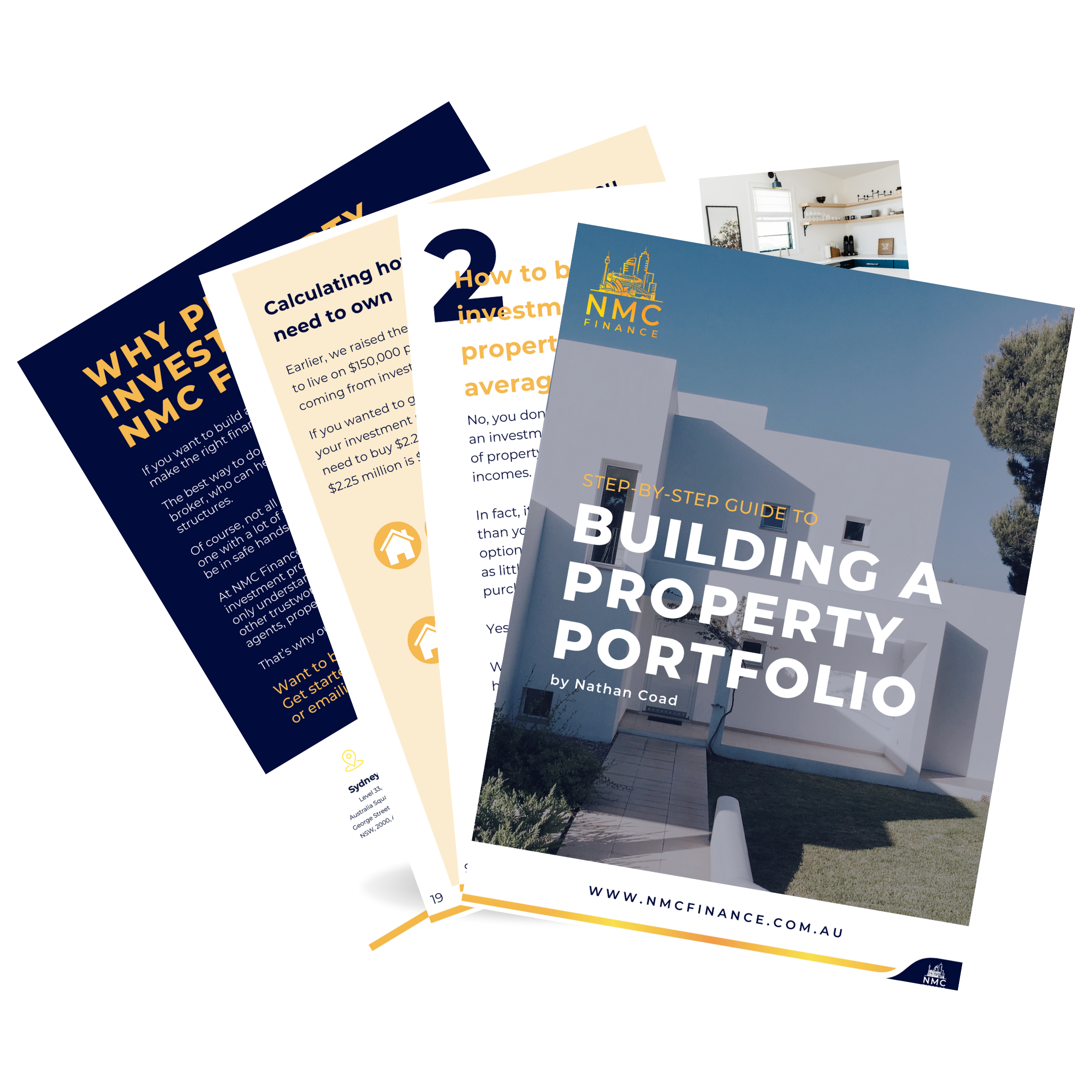Your home is not just four walls and a roof; it’s a long-term investment, and increasing its value should always be top of mind.
There are several compelling reasons why homeowners should invest in boosting the value of their property. Ultimately, it enhances your living experience and also yields significant financial rewards in the long run.
Let’s focus on those financial goals and identify budget-friendly ways to maximise your home’s value.
Why should I increase my home’s value?
Whether you’re planning on selling soon or want to boost value over time, there are a few financial reasons to invest in your home:
1. Higher resale value
One of the most obvious reasons is to fetch a higher price when you decide to sell, whether in the next few months or years.
By investing in strategic upgrades and renovations, you can improve the appeal of your property to potentially attract more buyers and, ultimately, a higher selling price.
2. Equity growth
Increasing the value of your home will also contribute to building equity. Simply put, this is the difference between your home’s market value and the remaining mortgage.
As the value increases and you continue making repayments, your equity grows, providing you with financial stability and flexibility in the future.
3. Reduced time on the market
Well-maintained and updated homes tend to spend less time on the market when listed for sale. By enhancing your home’s value, you increase its appeal to buyers, which can result in a quicker sale.
4. Enhanced borrowing power
A higher home value can improve your borrowing power. Whether you’re considering a home equity loan, line of credit, or refinancing, having a property with a higher appraised value grants access to more favourable terms and lower interest rates.
Budget-friendly tips to increase home value
We know increasing your home’s value can lead to positive financial outcomes in more ways than one. How do we do this on a budget?
It’s no secret that many Australians are feeling the pinch of the rising cost of living, but updating your home does not have to come at a huge financial cost. Here are some budget-friendly ways to increase value:
- Focus on curb appeal
First impressions matter, especially when it comes to house hunting. Enhance your home’s exterior by landscaping, painting the front door, updating hardware, and ensuring your lawn and driveway are maintained.
- Kitchen and bathroom upgrades
Kitchens and bathrooms are often focal points for buyers, so consider making some cost-effective updates here.
This could include painting cabinets, replacing hardware, upgrading fixtures, and adding new lighting. Simple updates in these areas can give a fresh, modern look without breaking the bank!
- Energy-efficient improvements
Investing in energy-efficient upgrades will add value to your home and lower your utility bills. Upgrading insulation, replacing old appliances with Energy Star-rated models, and installing solar panels can be great strategies for long-term savings.
- Sweat equity
Many value-boosting projects can be tackled with a little DIY know-how and elbow grease. Consider painting walls, refinishing hardwood floors, and updating lighting fixtures as ways to freshen your home’s interior and increase appeal on a budget.
Ready to get to work?
Increasing your home’s value is not only a wise financial decision but also a rewarding investment for your everyday life. By focusing on strategic upgrades and budget-friendly renovations, you can enhance your home’s appeal, boost its market value, and enjoy the long-term benefits that come with owning a valuable asset.
Remember, even small improvements along the way can make a big difference!
*This blog is intended for general informational purposes only. For personalised advice tailored to your unique financial situation, please contact NMC Finance.

